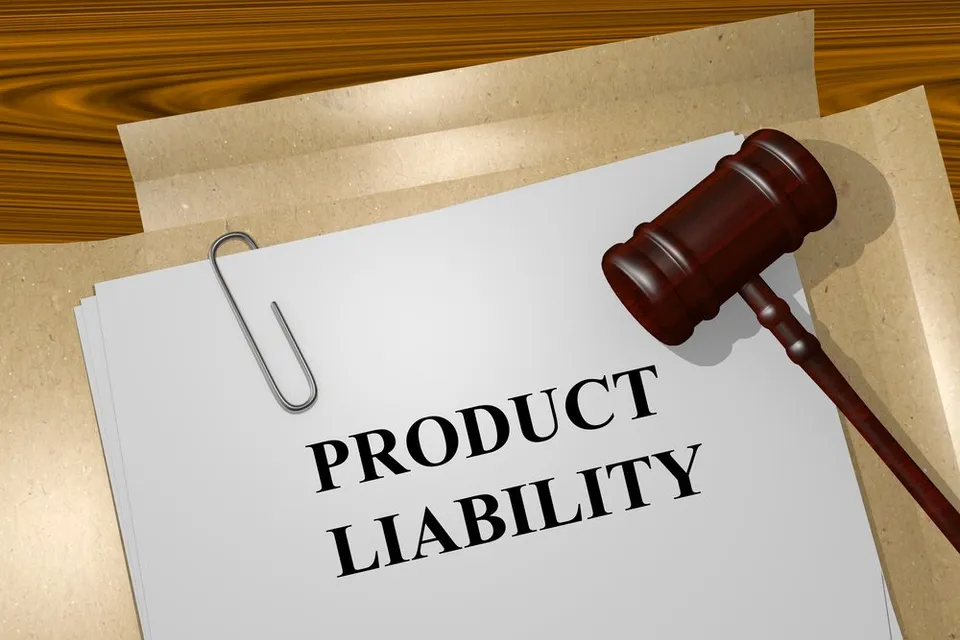Defective Products and Product Liability – Personal Injury Law
- April 20, 2016 @ 12:43 pm
- Written by admingil
- Categories: Florida | Lawsuits | Liability | Personal Injury

Defective products that lead to injury are covered under product liability law, one of the many aspects of personal injury law. While some product liability cases, particularly those that lead to endangerment or even death, may be tried under criminal law, most product liability cases are tried in the civil court system.
In order for a product liability lawsuit to successfully be tried by a Tampa personal injury lawyer, the product will need to be shown to be defective and injurious.
What Makes a Product Defective?
Product liability law defines three ways for a product to be seen as defective: by design, due to the manufacturing process, or because of a marketing omission.
Design Defects in Product Liability Law
If a product is poorly designed, it may lead to a defect. Whether someone worked the measurements incorrectly, didn’t stabilize a product enough, or called for the use of harmful chemicals, a design defect can lead to a faulty product that causes bodily harm and possibly property damage as well.
Manufacturing Defects in Product Liability Law
A manufacturing defect is a defect that occurs while the product is being produced or assembled. Manufacturing defects include the substitution of substandard materials, contamination of the product, and omission of necessary parts, among others.
Marketing Defects in Product Liability Law
A marketing defect includes lack of proper warning labels or inadequate instructions that lead to harm. Often times when you open a new item, you may ask yourself, “Did they really need to warn me about this?” The warning may seem commonsensical, however, yes, they do need to warn you. Even on common items like knives, you will probably find a warning on the packaging telling you there is a chance of cutting yourself.
The Special Rules of Product Liability Law
The Florida torts statute mentions three ways in which liability can be proven in defective product cases: strict liability, negligence, and breach of warranty. Any one of these methods should be sufficient to prove that a defective product caused a plaintiff’s injuries, however, strict liability tends to be the most popular.
Strict Liability in Florida Product Liability Law
In order to prove strict liability, a Tampa personal injury lawyer must show:
- The product was defective in some manner, whether because of a design flaw, a manufacturing mistake, or a marketing omission.
- The defective product led to an injury during normal use of the product.
- The defective product was not substantially altered from the way it was sold.
Essentially, the goal is to show that the injury was avoidable if not for the product defect. In order to prove this, it is best to have the original product, especially since the defense should be able to inspect it as well. In this vein, you should never tamper with a defective product or attempt to fix it, as it will not only void any warranty but also make it difficult (if not impossible) to prove strict liability.
How a Tampa Defective Product Lawyer Can Help
Have you been injured by a defective product? A free consultation with a Tampa defective product lawyer can help you determine if you have a defective product case. By taking your case to court, you may be able to recover damages for your medical bills, lost wages, and any necessary replacement costs due to a defective product. Not only can it help you get back on your feet and get the medical care you need, it can also help inform the community of a subpar product that may be harmful to others.
